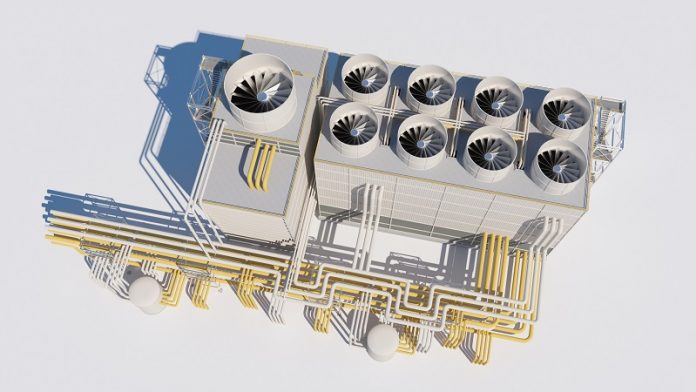The chemical Industry is producing a variety of chemicals by using various processes. Most of the time, however, basic chemicals are reacting with each other to obtain the desired finished chemical. While some chemical reactions require heat in order to take place (endothermic), some others, on the contrary, release a fair amount of heat once initiated (exothermic). Because their processes require thermal flexibility and stability, heat exchangers are essential for chemical and petrochemical companies. Heat transfer systems used in the chemical industry can be based on different concepts and technologies and use a wide range of heat transfer fluids. The majority of chemical companies will use mineral oils or water to carry, dissipate or exchange heat in their processes.
Limescale is to water systems what carbon deposits is to oil circulation systems – both massively affect the efficiency of the heat transfer systems. Every year the chemical and petrochemical industries lose billions of dollars in revenue due to equipment downtime and increased power consumption, caused by limescale build-up or carbon deposits clogging the pipes of the heat transfer systems. If you are interested in the subject and want to learn how the wrong heat transfer fluid, its use beyond the service life, or poor maintenance practices can lead to extreme deterioration of such a system – and how all of these issues can be solved – follow this link:










